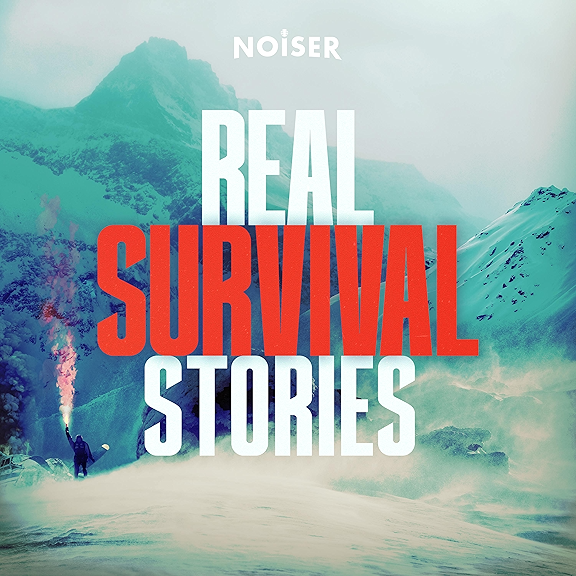
It’s late summer 1902. Fred heads to Tilbury Docks to board the steamer SS Coromandel and set sail for India. His objective? “To open up new markets, establish agencies, and acquire a catalogue of native records,” as he puts it in his diary. And what a trip it is. Accompanied by an assistant called George Dilnutt and a few others, Gaisberg engages in some of his most daring ever recordings and kick-starts the recorded music industry on the subcontinent.
The voyage itself takes weeks. On the last night, as the Coromandel lists on the mudflats of the great Hooghly River at the entrance to Calcutta (as Kolkata was then known), the boat’s guests hold a raucous fancy dress ball. As you do. But once he disembarks, Fred soon ditches the trappings of colonial life after he discovers that Brits in India might as well “be living on another planet for all the interest they took in Indian music”. They live in walled compounds, throw tea parties and play tennis, he finds. Not what he’s come to India for. So Fred goes renegade to find his own musicians.
Visiting the theatres on Calcutta’s notorious Harrison Road – the city’s equivalent of Covent Garden – he meets a wealthy businessman who invites him to a dinner party. It’s at this party where Fred encounters one of the most fascinating voices he’ll ever hear. Gauhar Jaan is a courtesan with a huge entourage and an even bigger voice. Fred is entranced. And he ends up recording her. She goes on to become one of India’s biggest stars. Using Fred’s diaries and other historical documents, Holley and Hall retell the story, playing some of Jaan’s recordings along the way.
Hosted on Acast. See acast.com/privacy for more information.




















